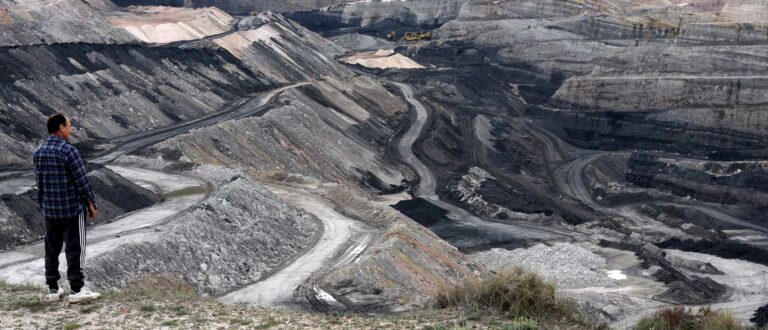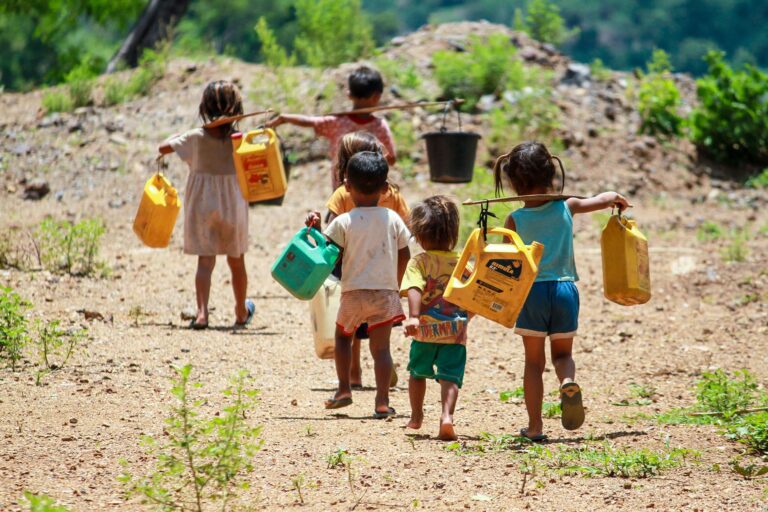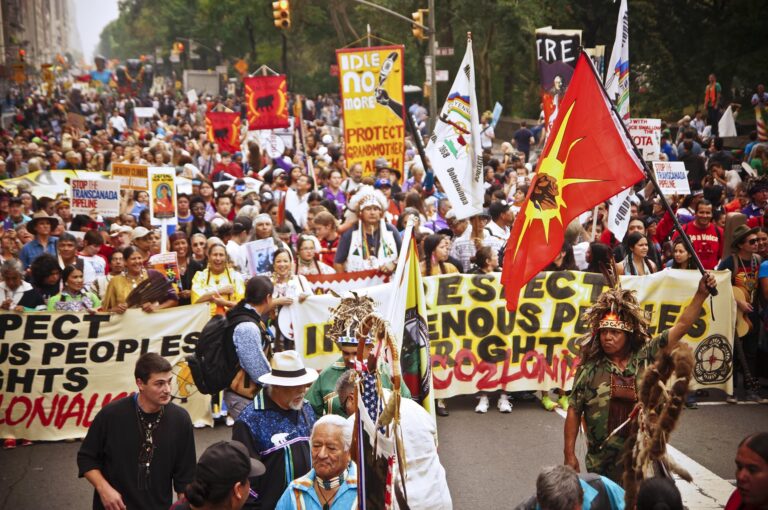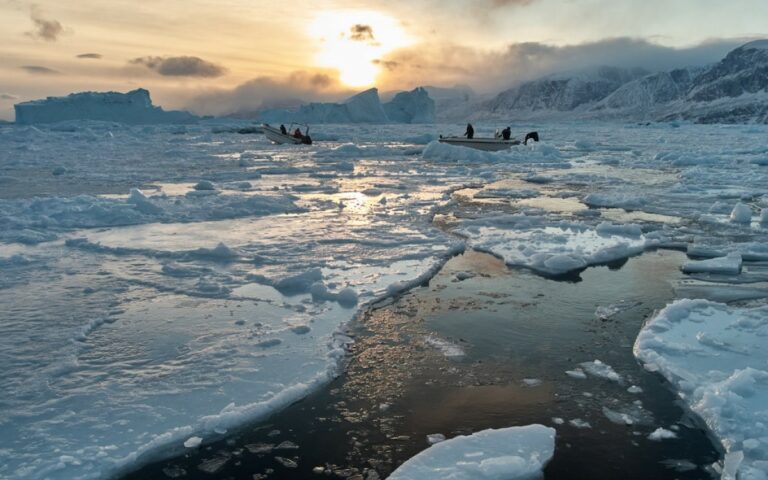Coal is the largest single source of the greenhouse gas emissions that are...Read More
Water is a limited natural resource and a public good fundamental for life and health.
The human right to water is indispensable for leading a life in human dignity and a prerequisite for the realization of other human rights.
The right to water is recognized in a range of human rights treaties, including the ICESCR, the Convention on the Elimination of All Forms of Discrimination Against Women (CEDAW), and the Convention on Rights of the Child. Everyone is entitled to sufficient, safe, acceptable, physically accessible, and affordable water for personal and domestic uses. States have an obligation not only to refrain from engaging in activity that interferes with the right to water, but must also prevent third parties, such as companies, from doing so.
According to the U.N. Special Rapporteur on the Special Rapporteur on the human rights to safe drinking water and sanitation, Pedro Arrojo Agudo, “climate change is projected to reduce renewable surface water and groundwater resources significantly in most arid and semi-arid regions.”
Climate change is already having a severe impact on the right to water as it is increasing the frequency and severity of droughts, leaving millions without access to the water needed to grow crops, stay hydrated, or ensure hygienic conditions. Changes in precipitation and temperature extremes will also result in water scarcity, contamination of drinking water and exacerbation of the spread of disease. The poor, who are among the most vulnerable, are also likely to be affected the most.
It is more essential than ever for states to ensure a nondiscriminatory distribution of water resources and services, adapt water and sanitation services infrastructure to make them more resilient to extreme weather events, and ensure that adaptation measures do not negatively impact access to clean water.
Photo Credit: Children walk to a nearby river to fetch water in Laos. Only 48% of primary schools and 25% of health facilities in Laos have access to safe drinking water and sanitation. Photo by the Asian Development Bank (CC BY-NC-ND 2.0).
More reading...
Regional courts, such as the Inter-American Court on Human Rights (IACtHR), and European...Read More
The Green Climate Fund (GCF) is a multilaterally-funded financial mechanism created in 2010...Read More
Water is a limited natural resource and a public good fundamental for life...Read More
The right to speak freely about the impact of climate change and to...Read More
Cultural destruction is a less well-recognized form of climate-induced loss and damage and...Read More






